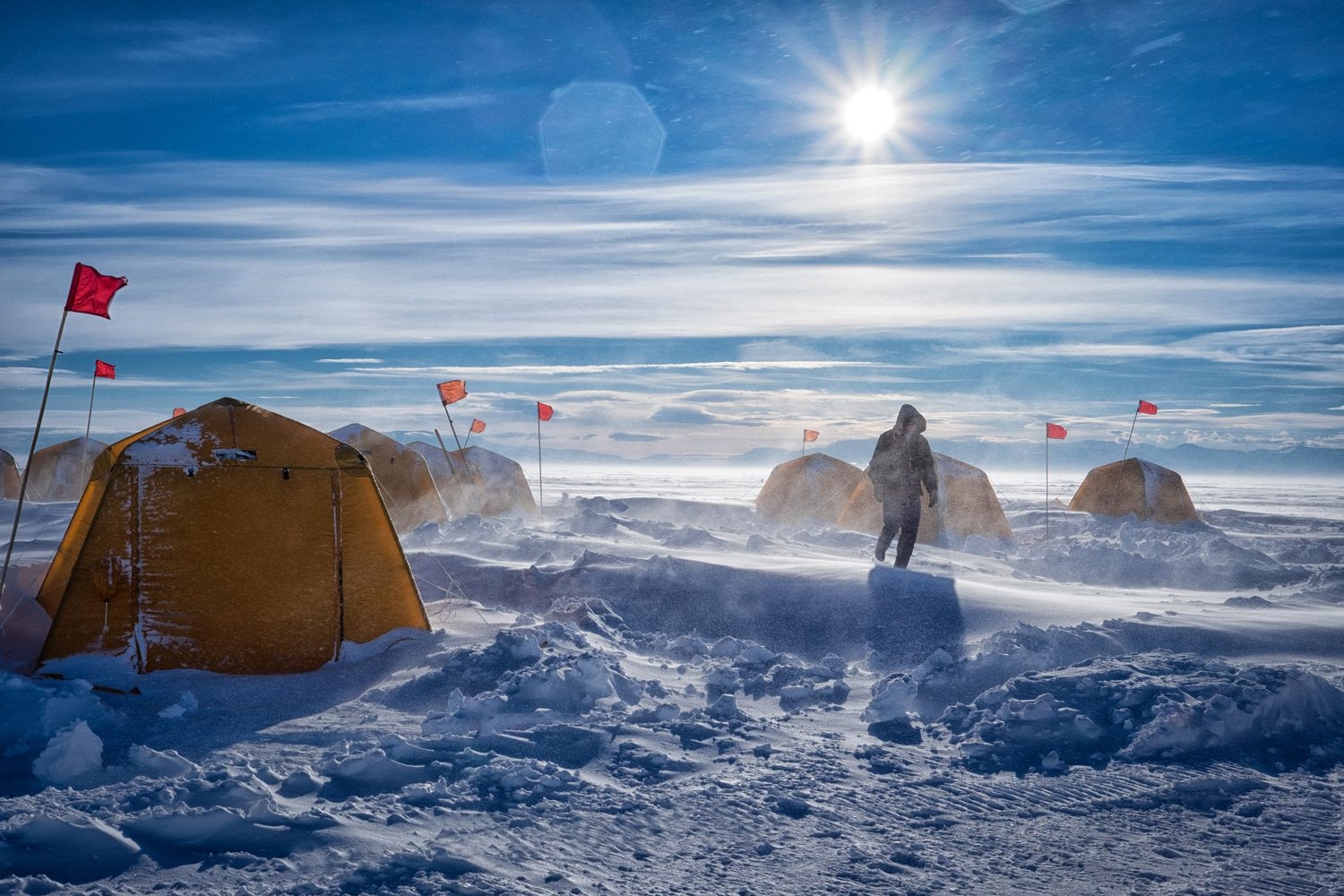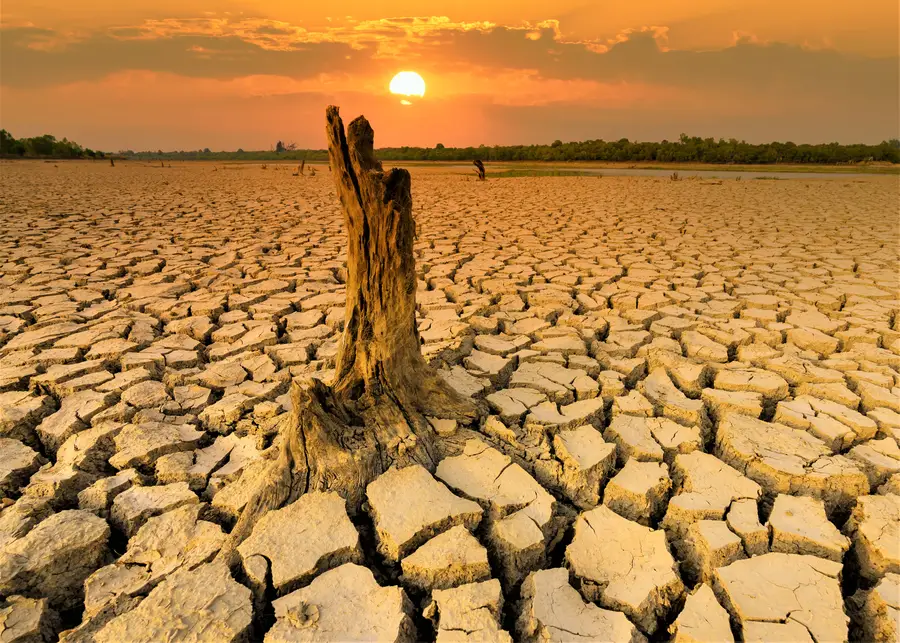With Covid-19 obviously taking prime focus across the world, one news\scientific item may have gone under the radar, although it could have disasterous consequences for not just us, but a lot of life on Earth. There have been many headlines about space exploration, it’s eye catching and remarkable, but there’s still so many unknowns about our own planet which effect our future as a species. But, as always it appears with the human race, we focus on the bright shiney things, completely ignoring that which is much more important.
 A prime example of this is the studies that have been made public regarding changes in the Gulf Stream and signs of weakening in its flow across the North Atlantic towards Europe and beyond. And if you didn’t realise what this ocean current does for you in the (current) UK, we enjoy a very mild climate, with even palm trees being able to grow outdoors in Cornwall and Southern Ireland. Any change in the Gulf Stream will seriously effect this climate, the British Isles will be Arctic tundra in winter when we rely most on the heat transferred from the Tropics to the North.
A prime example of this is the studies that have been made public regarding changes in the Gulf Stream and signs of weakening in its flow across the North Atlantic towards Europe and beyond. And if you didn’t realise what this ocean current does for you in the (current) UK, we enjoy a very mild climate, with even palm trees being able to grow outdoors in Cornwall and Southern Ireland. Any change in the Gulf Stream will seriously effect this climate, the British Isles will be Arctic tundra in winter when we rely most on the heat transferred from the Tropics to the North.
Everything that was predicted 20 or more years ago about climate change and global warming is happening NOW. The resultant consequences, hurricanes, forest fires, drought, massive melting of ice sheets is no longer in the realm of the disaster movie maker’s imagination, it is now a daily fodder of a global news industry more interested in the antics of nonconsequential Royal family ex-members and celebrity worship than things that really matter, like, for example, having an inhabitable planet. To see the effects take a look at Australia’s last summer, called Black Summer, was its most costliest natural disaster in the continents (modern) history. The world’s oceans continue to acidify as they absorb CO2 and convert it to carbonic acid which then attacks calcium based life such as corals and shellfish, making them even more threatened with extinction.
And now, to add to this, we have the threat of a collapsed ocean circulation system, with a long-term change in the delicate balance of heat and cold, saltwater and freshwater, that scientists have been tracking and now have re-announced their fears. I say re-announced, as the first few times it was brought to the world’s attention it was completely ignored. Having a cowboy like Trump leading the worlds perception of global climate change obviously doesn’t help, but when these said scientists tell us that the flow of the Gulf Stream has weakened by 15 percent in recent decades, a slowdown they said was unprecedented in the past 1,000 years WHY AREN’T WE LISTENING!.The same scientist and his colleagues also published another paper that used additional reconstructions of sea temperature around the North Atlantic, some going back 1,600 years, to determine that the recent slowdown began with the Industrial Revolution in the 19th century, then accelerated after 1950. Not difficult to extrapolate why it’s happening is it?
 And if it does break down and collapses? Obviously, all we can do is surmise, it’s not at all predictable how bad things could be. At the very least we could be looking at a shift in rainfall patterns, making parts of Europe and Northern Africa drier, and areas in the Southern hemisphere wetter.And if water in the tropical and subtropical Atlantic becomes warmer because that heat is no longer moved north, it could strengthen hurricanes, as they derive their destructive energy from heat in the water. It could also accelerate sea-level rise and cause accelerated global warming.
And if it does break down and collapses? Obviously, all we can do is surmise, it’s not at all predictable how bad things could be. At the very least we could be looking at a shift in rainfall patterns, making parts of Europe and Northern Africa drier, and areas in the Southern hemisphere wetter.And if water in the tropical and subtropical Atlantic becomes warmer because that heat is no longer moved north, it could strengthen hurricanes, as they derive their destructive energy from heat in the water. It could also accelerate sea-level rise and cause accelerated global warming.
The world’s oceans absorb nearly one-third of human carbon dioxide emissions. The mechanism of the Gulf Stream involves the sinking of salty, dense water which is critical to that absorption, so if the Gulf Stream stops or greatly slows, and that water stops sinking, the accumulation of heat-trapping gases in the atmosphere would accelerate. I suppose the good thing is that any cooling effect that would result from the loss of the warmth from the current would be cancelled out by global warming.
Cold comfort, if that’s the term to use.











